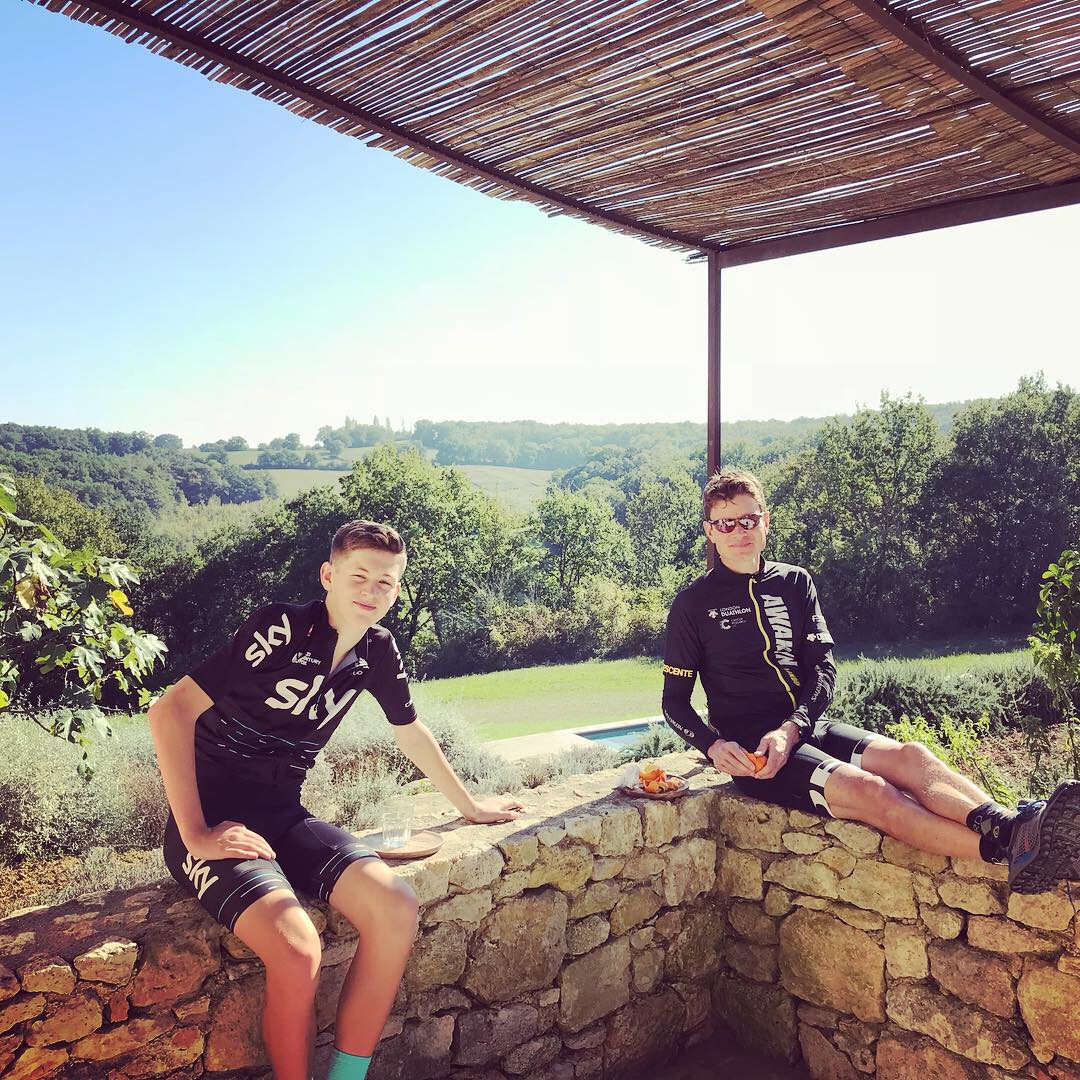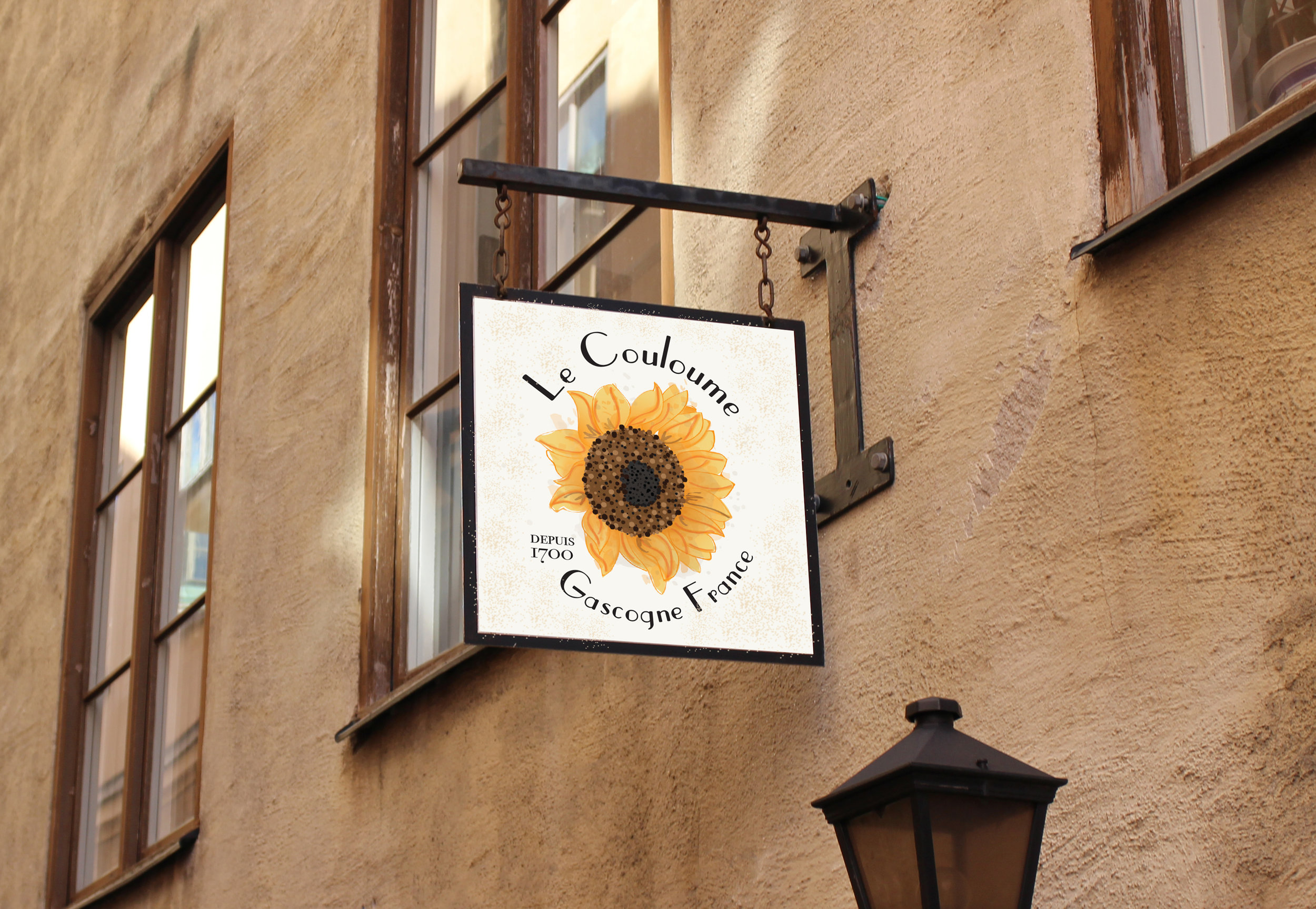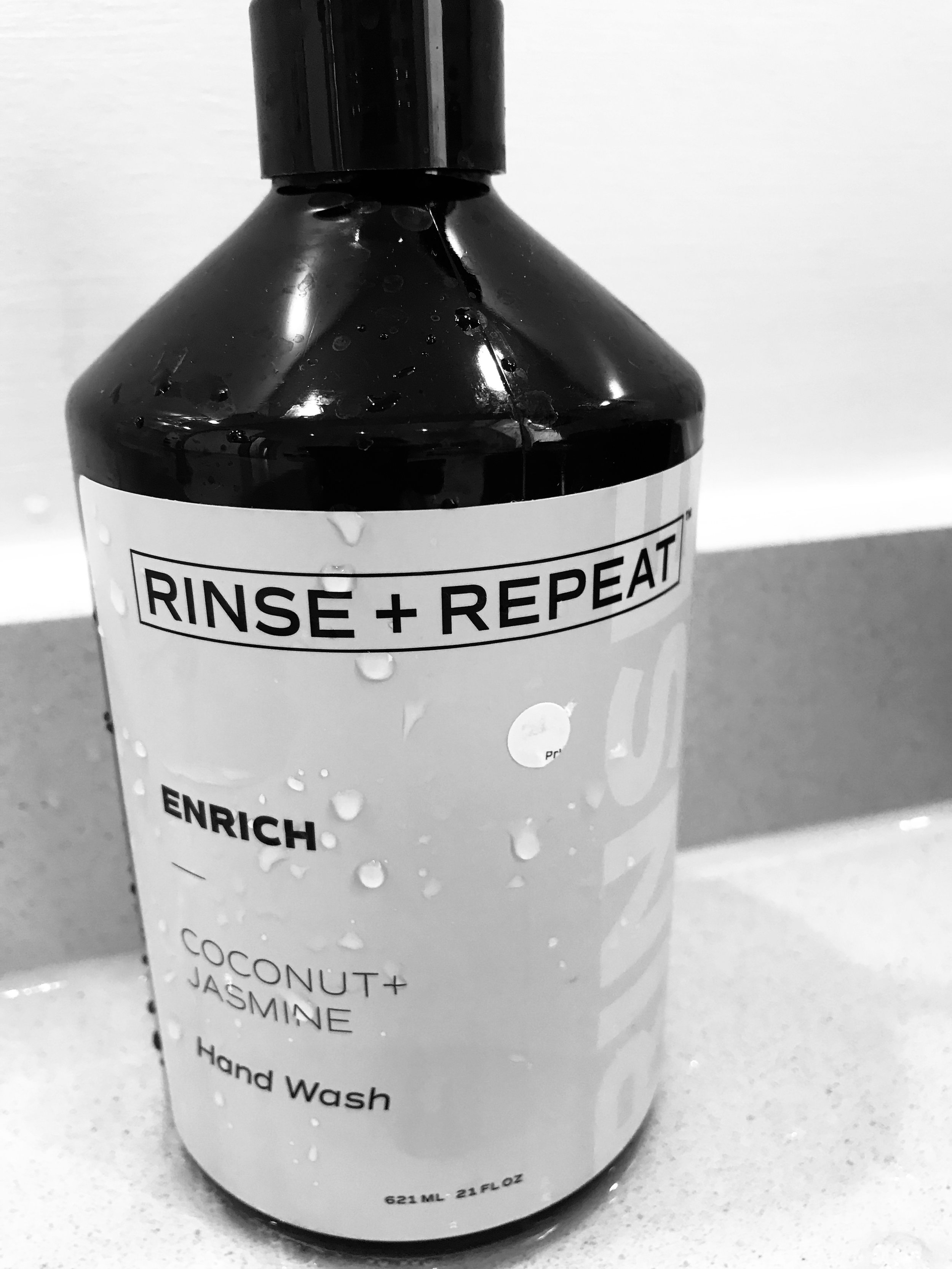“We think your son could benefit from extra help outside of school,” his teacher announced during our first parent/teacher conference at an International School in Europe.
Blindsided by the gravity of the concern but at the ready with notepads, the PE teacher continued: “His swimming is far below standard.” “As in, he can’t pass the swimming test?” we asked reliving all the times we’d left him in the deep end, assuming. It’s not like we hadn’t invested in several summers of swim lessons. “Oh no, he can swim — but his technique, particularly his breaststroke, is very poor. We recommend you get him involved in an outside swim club.”
We did not write anything down. But had I, I would have passed this note to my husband: “She should see you swim.”
That same year our oldest son struggled through, working as hard as he possibly could, for his worst grade in high school. In Art. His project from that year hangs in our dining room now as a remembrance. And near as we can tell, our youngest son, who was in Kindergarten, was doing everything but learning how to read.
Those memories came flooding back when I read an article a few weeks ago. In the article “The parent trap: the greater a country’s income inequality, the likelier parents are to push their kids to work hard,” the authors make the case that parents in countries with the greatest income inequality (USA, China, Russia) stress hard work and achievement over other values (like independence and imagination) which has led to the rise of helicopter parenting and an arms race for a diminishing number of opportunities. Almost prophetically, the US college admissions scandal broke soon after.
We certainly haven’t been immune to the tendency for overdrive in wanting our kids to succeed but we’ve also benefited from leaving the nest of Seattle. Your parenting is bound to evolve when you are doing it across cultures and in different educational environments. When you have been a witness to models where swimming proficiency is a core life skill, where the arts are as rigorous as any academic subject and where educators have a different approach to early literacy you start to understand that every culture has their own priorities. There isn’t one ladder that everyone is trying to climb. There’s lots of ladders and paths, enough to make it difficult to chart your kid against the others. As my husband likes to say, “the bar isn’t set."
We haven’t shied away from the message of hard work but we’ve seen how putting more value on independence has been a fly wheel for one of our kids to internalize hard work. And we’re aware that if not for the opportunities to take risks outside of the world of sports which was our comfort zone, we might have inadvertently lidded one of our kid’s creativity. Above all, we’ve noticed that the exposure to other models has abstracted our children from the cookie cutter machine of what makes a winner and allowed them to accelerate the process of getting to know themselves. The child who was trying to teach himself Icelandic a few years ago has moved on to other pursuits but how fun that he gave it a go.
Even with all this “insight,” we still don’t always get it right as parents.
That awareness came into focus several weeks ago with our son who is in the final push of studying for the GCSE. The GCSE is a set of exams taken in the UK at age 16 after 2 full years of study and your results determine what school and what you can study for your last two years of high school. He doesn’t have his sights on a top school but he has marks he needs to hit to get into the schools he wants. The exams are this May and in preparation he had said yes when I suggested he take an optional, highly regarded review course outside of school over Easter break.
After signing him up, he happened to see the receipt for the class on the desk. He was furious that I hadn’t told him how much it would cost and I was surprised that he was furious. He refused to accept what he believed to be an unfair advantage by taking a course that only the privileged could afford to buy. He was adamant that I get a refund and that he was fully capable of self study.
I don’t think it’s wrong to give our kids what we can, but he made it clear that we were giving him the wrong thing. We wanted to give him peace of mind, and maybe a few extra points on his exam, but in my blindness to help him I overlooked the cost to his sense of social justice. He wanted to do his small part to keep the playing field level or at least not “pile on” more advantage. I suspect there are a lot of young people who share both his cynicism and idealism for how the system should work.
As parents we can’t always tell in the moment when our kids are avoiding something they don’t want to do or when they are standing up for something they feel strongly about. When we heard “I’ll do it myself!” when they were three years old, we thought it was cute and gave them healthy boundaries and soon they were dressing themselves. “I’ll do it myself!” at sixteen is a bigger conversation but the potential for upside is also bigger. We backed down and he in turn has doubled down on his own efforts.
Our kids need our support and guidance, but they also need us to trust their inner voice when they hear it. That is certain to take them further than any marginal gain a highly regarded opportunity could ever do.











